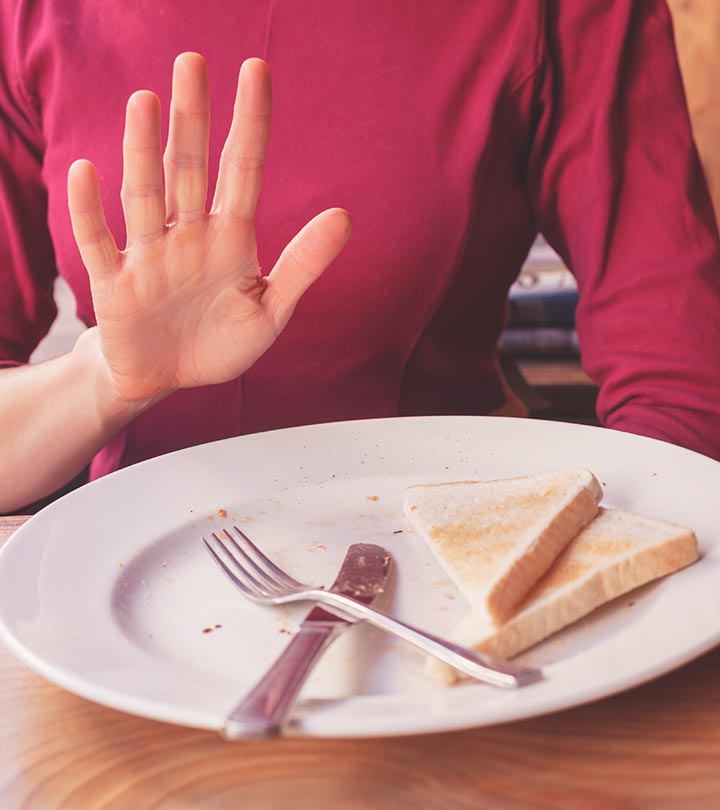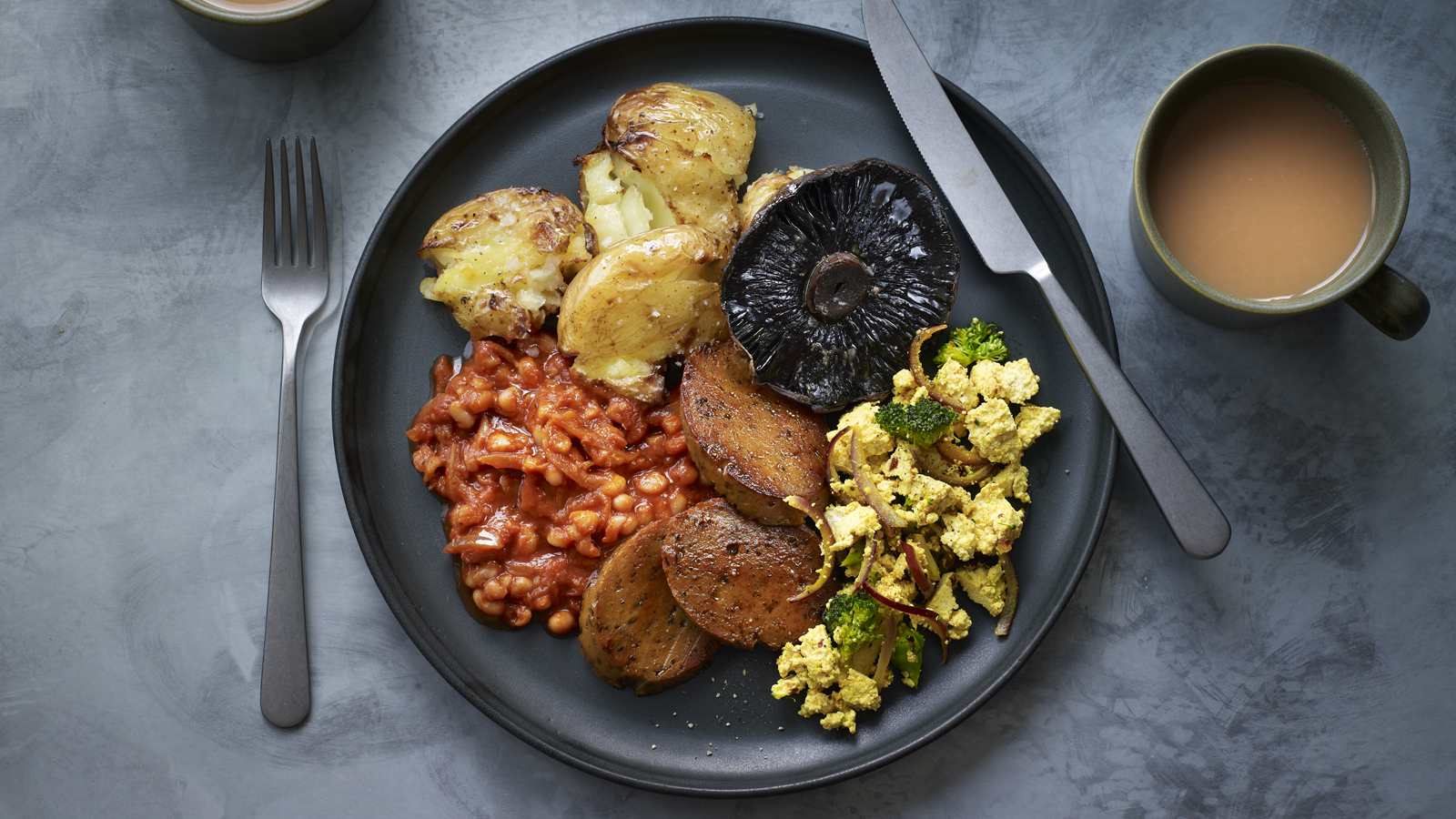We’re going to be looking at the idea that breakfast is the most important meal of the day and so we’ll look at the effect of skipping breakfast on weight loss.
Where does the idea come from?

Well, good health magazine published an article in 1917 arguing outright that “Breakfast is the most important meal of the day…and it shouldn’t be eaten hurriedly, and all the family should partake of it together.“Of course, no actual scientific evidence was given to suggest – why it might be so important but given that John Harvey Kellogg the inventor of cornflakes was an editor for good health at the time probably had a lot to do with getting this idea out to the general public.
“I think in the absence of evidence it does seem like a pretty logical stance to take as the argument goes, you want to eat food first thing in the morning to sort of get the nutrients and energy that your body needs to get your day to start it off right.”
Definition: Breakfast
Literally speaking, “Breakfast” simply means to break a fast. So technically speaking, whenever your first meal of the day is that would be your breakfast but I don’t think this is a very practical definition. So we’re going to use the definition established by Betts and colleagues in 2016 and just count breakfast as any meal containing at least 50 calories eaten within two hours of waking.
Another research, as a sort of compensatory feedback mechanism, where the body tries to defend against a perceived energy deficit from the fasting from breakfast skipping by reducing physical activity. So since breakfast eaters tend to burn more calories through physical activity on the face of it this really does seem like a point for eating breakfast and a strike against fasting and it might be but remember that this only covers the energy outside of the equation. We also need to look at what happens on the energy inside when you skip breakfast.
Does skipping breakfast cause you to overeat later in the day?

The simple answer to this is yes but not enough to offset the deficit from actually skipping breakfast. On this same study from Betts Attell, show that when subjects skipped a 700 calorie breakfast. They only operate throughout the rest of the day by a hundred and sixty-one calories on average. So the skippers still ended up eating 539 calories less than the folks eating the full breakfast.
This led the authors to conclude later that taken collectively. These observations begin to explain – why a resolution to start skipping breakfast may not predict the degree of weight loss one might expect.
Ultimately for weight loss, that net energy balance is ultimately what’s driving net balance. “I’m so from a dieting perspective he should be eating according to a meal schedule that allows you to adhere to and maintain a caloric deficit the best” but that is just simple weight loss.
What about muscle mass and body composition?
Well, in this case, there are two potential concerns that “I think I’d have well some folks really do seem to perform well in the gym while fasted because more people are stronger and more fatigue resistance when they’ve eaten some sort of pre-workout meal.
As mentioned in the BET’s review, if your morning will involve physical exercise with performance on that day being a priority then consuming a carbohydrate-rich breakfast is the most important meal. However, if you train later in the day or fine training fasted works well for you then breakfast is obviously going to be much less important.
Muscle protein synthesis seems that having four or five meals per day with at least 20 grams of protein in each meal is best. Of course if you say delay breakfast only until noon and then have your last meal just before bed you can easily still get those four or five meals in but if you begin to delay breakfast further and further sort of narrowing that eating window more and more, “I think you do increase your risk of missing your sort of maximum potential for stimulating muscle protein synthesis.”
What about breakfast’s effect on general health?

“I think as we’d expect other doesn’t seem to be a clear answer on whether skipping breakfast is better or worse than eating breakfast.” We do know that epidemiological correlational research has consistently associated infrequent breakfast consumption increased the risk of adiposity diabetes and cardiovascular disease. A correlation doesn’t imply causation and habitual breakfast consumers also tend to be non-smokers consume less fat and alcohol eat more fiber and micronutrients are also more physically active. So it remains to be established whether daily breakfast is a cause-and-effect or simply a marker of a healthy lifestyle.
As a quick aside, “I don’t think I’d recommend that children are growing adolescents intentionally skip breakfasts or any meal proper for that matter” and this is a recommendation mirrored by the Canadian pediatric society, which discourages teenagers from fasting and skipping meals. This is as “I see it to promote a healthy body image and encourage a diet that focuses on the inclusion of nutrient-rich foods rather than the elimination of certain foods or meals or mealtimes.”
Practical Takeaways
- There is no difference in weight change between breakfast eaters and breakfast skippers.
- There hasn’t been any really convincing evidence of any metabolic or health effects documented in the literature from eating breakfast.
- Research that does show evidence of reduced risk of diseases as confounded by other variables like subjects being more physically active and not smoking.
- The extreme delay of that first meal may not be the most optimal thing from a muscle protein synthesis. As long as total daily protein intake is sufficient.
Conclusion
So to conclude, “I would say that whether or not you decide to eat breakfast should be based on your own appetite your schedule and basically just what allows you to adhere to your diet as a whole the best and apply your best effort in the gym.
IN THIS POST:
Scientific References:
https://www.ncbi.nlm.nih.gov/pubmed/21740575
https://www.ncbi.nlm.nih.gov/pubmed/22456660
https://www.ncbi.nlm.nih.gov/pubmed/25970668
https://www.ncbi.nlm.nih.gov/pubmed/27292940
https://www.ncbi.nlm.nih.gov/pmc/articles/PMC4763497/
https://www.ncbi.nlm.nih.gov/pubmed/24898236
https://www.ncbi.nlm.nih.gov/pubmed/26178722
https://books.google.ca/books?id=wNo1AQAAMAAJ&q=breakfast&hl=en&redir_esc=y#v=onepage&q=breakfast%20important&f=false



